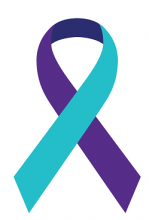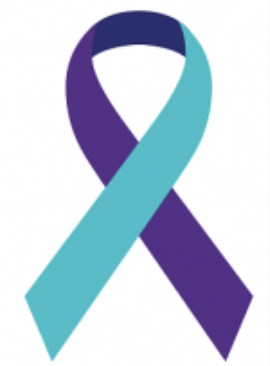
Member Prices
According to the recent Center for Disease Control (CDC) report, more than half of suicide decedents between 2000 and 2016 were never diagnosed with a mental health condition, and only a quarter disclosed suicide intent prior to ending their lives. These striking findings challenge the practice of using suicidal ideation as a cornerstone of suicide risk assessment, and may partially account for our failure to contain the increase in US suicide deaths. The CDC report also underscores the urgent need for innovative suicide risk assessment methods that do not rely on a history of mental illness or self-reported suicidal ideation/intent.
This webinar aims to acquaint clinicians with a novel framework for the assessment of short-term suicide risk: the Modular Assessment of Risk for Imminent Suicide (MARIS) and the Narrative-Crisis Model of suicidal behavior (NCM). The effectiveness of the MARIS-NCM approach is described in multiple peer-reviewed publications, and in the book The Suicidal Crisis by Galynker (2017; Oxford University Press), a recommended resource by the American Foundation for Suicide Prevention.
The webinar initially presents an overview of the research findings supporting the NCM model, the new clinical entity of the Suicide Crisis Syndrome (SCS) and the MARIS method for the assessment of imminent suicidal risk. The webinar concludes by describing the use of clinicians’ emotional responses as tools for assessment and management of imminent suicidal behavior as well as clinicians’ psychological defense mechanisms elicited by suicidal patients following by practical training in emotional self-awareness.
Learning Objectives:
1. Learn the nuts and bolts of MARIS- and NCM-based approach to the assessment of imminent risk
2. Apply the MARIS- and NCM-based approach to assess imminent suicide risk in test cases.
3. Learn and understand clinicians emotional responses to suicidal patients which indicate imminent suicide risk.













